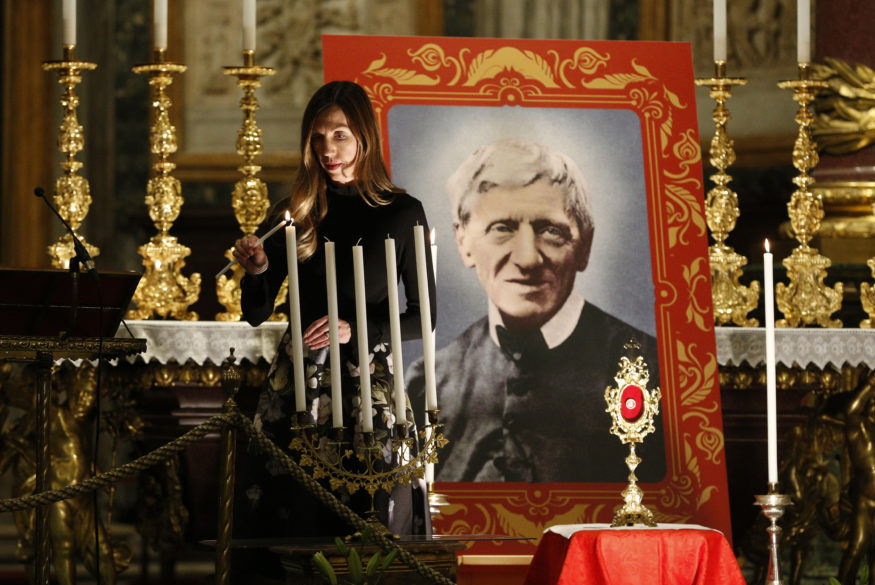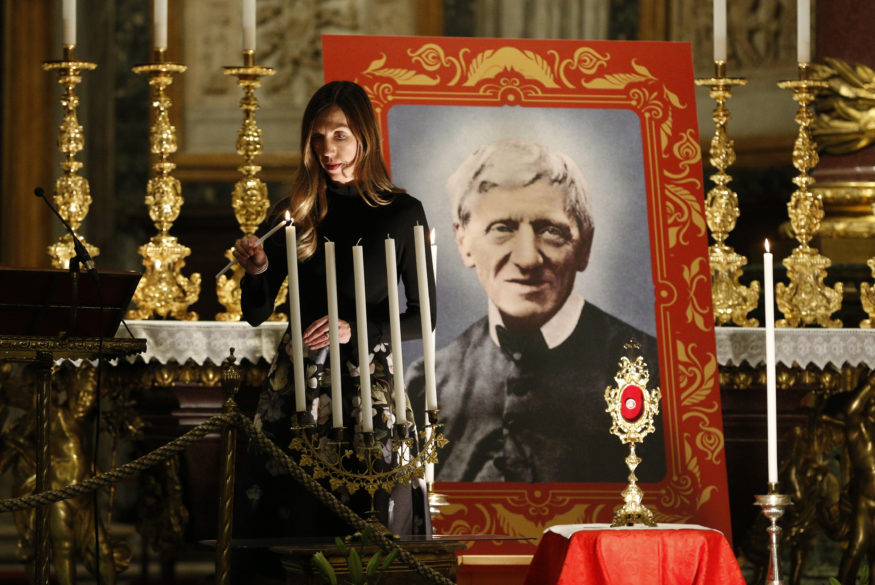In ordinary and extraordinary periods, by God’s grace, we are to persevere in loving all that is holy, good and worthy of praise, to do justice and to walk humbly with our God.

By Bishop Joseph Kopacz
The Word of God at our Saturday evening and Sunday celebrations in late autumn and early winter challenges us with a spirit of urgency to consider our daily choices and the impact they have on our relationships with God, others and ourselves. The Lord Jesus, in last Sunday’s Gospel addressed the trauma of natural disasters and the inevitable persecutions and martyrdom that will crash in upon many of his faithful disciples. Are these the telltale signs of the end times? Not really, Jesus responds, but be assured that the Holy Spirit, the pledge of eternal life, dwells within you and “by perseverance you will save your lives.” The prophet Malachi boldly pronounces that “for those who fear the name of the Lord, there will arise the sun of justice with its healing rays.” Our sung or spoken response followed, “The Lord comes to rule the earth with justice.” Indeed! Meanwhile, Saint Paul, in harmony with the Lord’s Gospel teaching on perseverance, instructed his beloved brothers and sisters in Thessalonica, living in anticipation of the second coming, that daily life has a righteous pattern right up to the moment when the Lord comes again, or comes to take each one of you. “In fact, when we were with you, we instructed you that if anyone was unwilling to work, neither should that one eat … We hear that some are conducting themselves among you in a disorderly way, by not keeping busy but minding the business of others.” In ordinary and extraordinary periods, by God’s grace, we are to persevere in loving all that is holy, good and worthy of praise, to do justice and to walk humbly with our God.
Returning from the annual Bishops Conference in Baltimore, I mulled over the range of urgent matters that were addressed in the course of four days. My three year term on the Committee for the Protection of Children and Young People is now complete and I am grateful for having had the opportunity to serve with laity, priests and bishops from around the country who are committed to the promise to protect and the pledge to heal all who have experienced the crime and suffer through the trauma of sexual abuse as minors. Likewise, I am proud of the dedication throughout our diocese for all who embrace this just cause and remain vigilant, as our recently completed audit confirmed.
During the Conference, Bishop Robert Barron offered a clear-cut path for evangelization in our post-modern culture, an urgent matter, especially in light of the heavy attrition away from religious faith among the younger generations. What is the urgent response? His research attests that works of justice, the beauty of our liturgies and church architecture, music and art, the depth and height and breath of our intellectual tradition, and the wise and savvy engagement of social media are, individually and collectively, avenues to invite those on the margins of religious faith to encounter the crucified and risen Lord. The ultimate good, beauty and truth, after-all, is a personal relationship with the Lord Jesus, the Way, the Truth and the Life, and a life in service of God’s Kingdom. It is a way of life marked by purpose and promise, but it also invites rejection, hostility and persecution.
Bishop Barron offered this reflection through the lens of last Sunday’s Gospel from Saint Luke. “Friends, in today’s Gospel Jesus describes the world’s violent resistance to the establishment of God’s kingdom. From the earliest days until the present, the community of Jesus Christ has been the focus of the world’s violence. The old principle of “killing the messenger” applies here. The Church will announce until the end of time, that the old order is passing away, that a new world of love, nonviolence and life is emerging. This announcement always infuriates the world of sin — always. The twentieth century proved this by being the bloodiest on record and the century with the most martyrs.”
Therefore, in ordinary time we witness, through service, worship, teaching and by employing the latest in communications. In extraordinary times, we die for the faith, knowing that the blood of the martyrs, more than all other efforts of evangelization combined, will guarantee that the Church, the Body of Christ, will endure to the end of time. In the vast landscape in which the church lives and moves and has its being, both in longevity and in our manifold mission, there is potentially a home for many at the banquet of life. A personal faith that sees the urgency of a life well lived in the Lord can manifest itself in his mandate to make disciples through Word, Worship, Service and Social Justice, from the foundation of life in the womb until eternity dawns through the door of death. Along with Bishop Barron, Bishop Nauman, the Chair of the Committee on Pro-Life spoke eloquently about the commitment to create a culture of life where every unborn child can find a home. Likewise, Bishop Mark Sis and Bishop Shelton Fabre addressed the urgent necessity for just immigration reform and a nation free of the scourge of racism.
There are many forces that work to undermine perseverance in the faith, but there are many paths that lead to life. The greatest assurance for the believer is the promised Holy Spirit whose loving power endures forever. May the crucified and risen Lord grant us a season of refreshment and hope, individually, in our families, and in all of our communities of faith, a spirit of perseverance that will enable us to save our lives.



